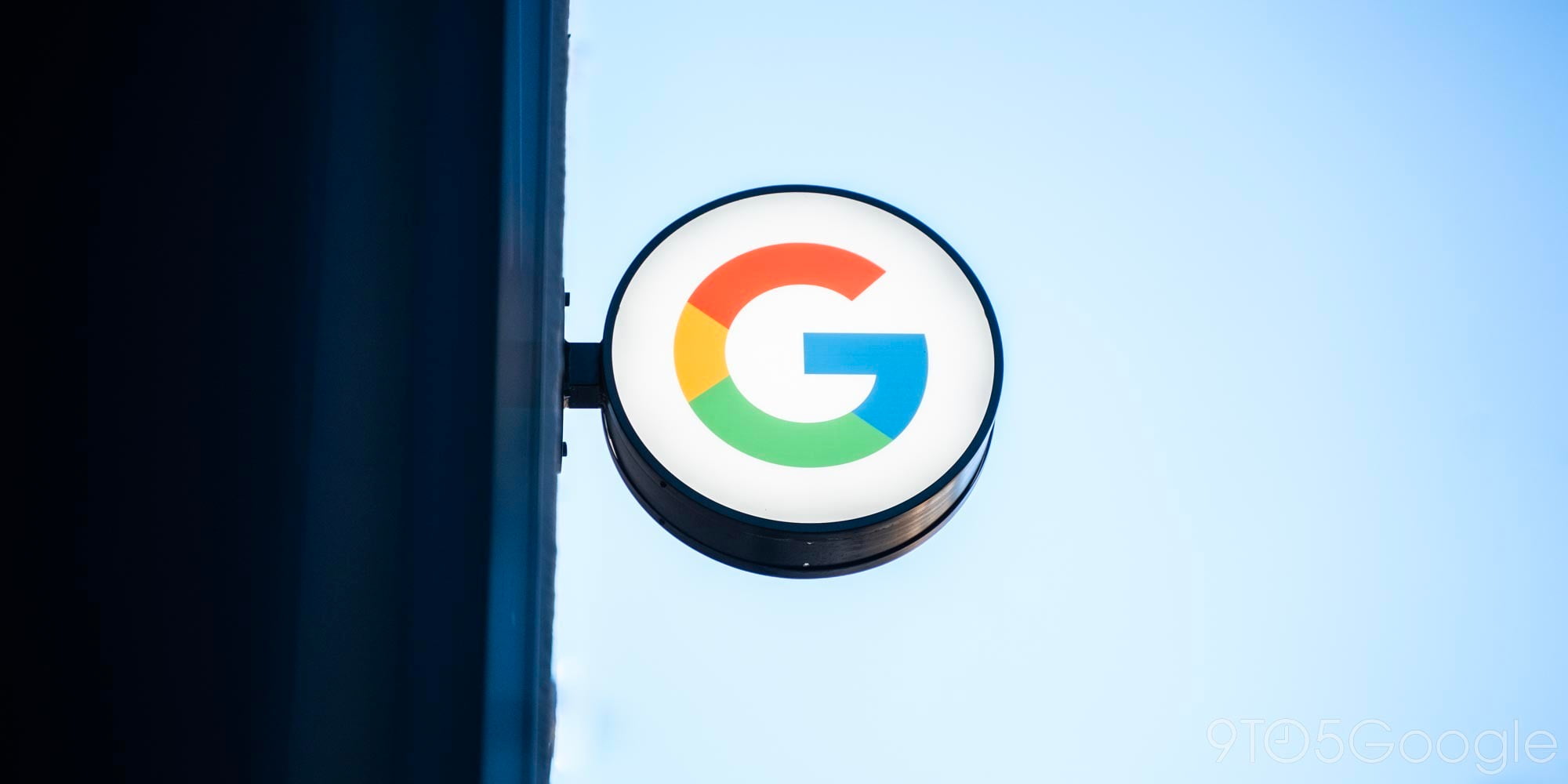

Vice president of market research firm IDC Bryan Ma speaking to CNBC last week after Samsung’s unveiling of the Galaxy Note 5 and Galaxy S6 Edge+:
If you look at the rest of the Android space, admittedly even the stuff they announced last night, it kinda just blends in with the rest of the market. I don’t know if there was that much that differentiated it from the rest of the pack aside from some minor features. And that’s what’s hitting other players like HTC… It’s really just the case where a lot of these products are becoming a lot of the same thing.
I’m not trying to be a negative nancy here, but to prove Ma’s statements here look no further than the “leak” of a purported new HTC phone that spread around the blogosphere this morning (mockup turned out to be one that popular leaker @evleaks created back in 2013). 6-inch display, 4GB RAM, 3,500mAh battery capacity, water-resistance, extremely thin bezel, similar rear design to every other flagship HTC smartphone from the past few years — nothing outlandish, nothing hard to believe.
And that’s kind of the point. It’s so easy to make up a spec sheet like this out of thin air, and there wouldn’t be many around to doubt that HTC might make another phone with just marginal changes. I could have made up a spec sheet in real-time as I wrote the post about it and mine would’ve been similar to the one that spread around this morning.
Not that this lack of annual user-facing revolutionary hardware changes is a bad thing….
It’s actually probably for the best, as all the competing smartphone players are finally reaching a feature parity and the stereotypical complaints of yesteryear that fanboys lobbed at the other of their favorite platform are very much falling away — Android is now actually beautiful and intuitive, while iOS has loosened up and given users more personalization options, for example.
And much of the great innovations for smartphone users are being made in the background through software. Google Now on Tap figures out what we may need before we need it, Uber brings us a car with the press of a (software) button, and now soon we’ll be able to interact with objects we come across in the real world through software interfaces that can be updated and improved much faster than the objects themselves can.
Smartphones will continue to improve just as desktop computers have, but the ecosystem around smartphones has arguably become more important than ever before. With new players popping up everyday in the last few markets that haven’t already been saturated (read: China), driving down prices and drive up quality each time, it’s hard to see anything like the rumored HTC device we saw today turning their luck around.
A combination of smartphones, smartwatches, beacons, and other smart objects that work side-by-side with software to enhance real life without being obtrusive is what’s necessary right now. Last time I checked, HTC has little to no real ecosystem of devices and no real control over the software on its devices (let’s not kid ourselves with Sense). Not a good place to be.
Also, don’t buy into every generic leak because a blog does or does not pick it up.
FTC: We use income earning auto affiliate links. More.


Comments